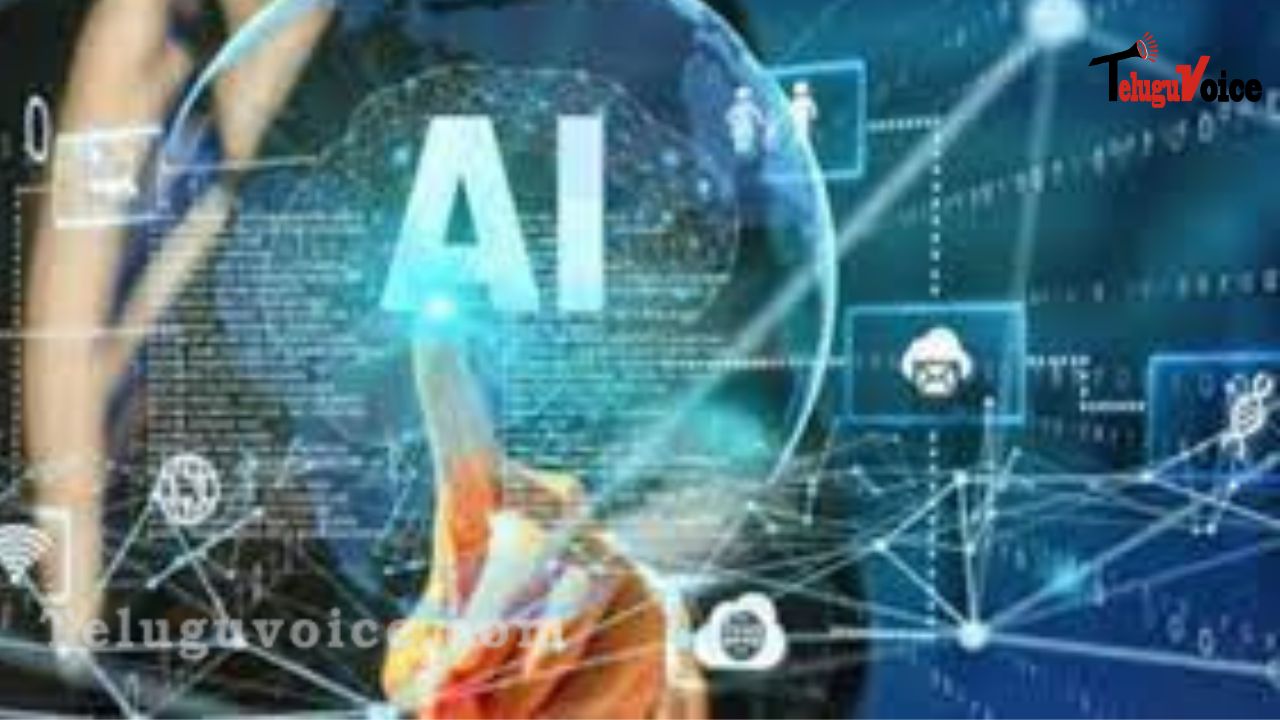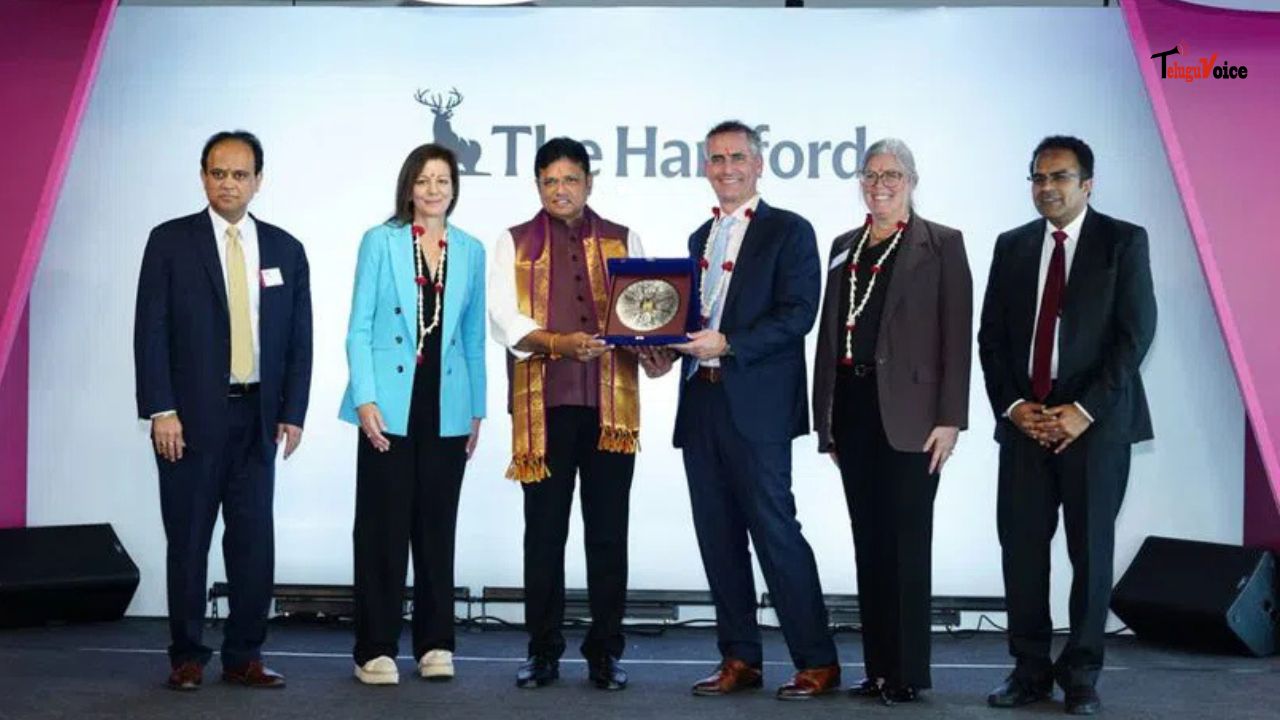AI a greater threat than automation to millions of job-seekers

Until a few months ago, the discussion about machines taking human jobs revolved around automation and robots/humanoids. A more severe danger has emerged since ChatGPT and similar generative AGI models were introduced.
What started as a conversational tool with prompts is expected to eventually replace humans in fields like information technology, software development, media and advertising, and new media platforms that serve the digital economy.
Despite widespread concern and increasing evidence to the contrary, it is still early days for AI trained on large language models (LLMs) to steal jobs across the board.
IBM CEO Arvind Krishna told Bloomberg this week, "I could easily see 30 per cent of jobs getting replaced by AI and automation over five years."
With a workforce of about 26,000 people, nearly 7,800 positions at the tech giant are at risk of being automated away shortly.
IBM's CEO has stated that the company will temporarily halt hiring for positions it believes could be automated by AI. These positions are primarily administrative and do not directly interact with customers.
Salesforce India CEO and former SBI Chairperson Arundhati Bhattacharya believe that generative AI is a hidden boon for India because it has the potential to free up workers from menial tasks so they can focus on more exciting and rewarding endeavours.
To make information more valuable to us, generative AI will aid in curating it. Bhattacharya recently told IANS that AI can be helpful if the right questions are asked.
Generative AI is "a major advancement" because it can create content that is indistinguishable from human work. According to a global investment bank Goldman Sachs report, AI could replace 300 million full-time jobs.
Sridhar Vembu, CEO and co-founder of global technology company Zoho stated that artificial intelligence (AI) seriously threatens several programming jobs.
Vembu has been whispering for the past four or five years that conversational AI platforms like ChatGPT, GPT4, and others being created today will first affect the jobs of many programmers.
"There is no way of knowing how many jobs will be replaced by generative AI," says Carl Benedikt Frey, director of Oxford University's Oxford Martin School and expert on the future of work.
For example, ChatGPT facilitates the production of essays and articles by more people with merely adequate writing skills. Unless we see a significant increase in demand for such work, journalists will face more competition, leading to lower wages," Frey told BBC News. Recently, researchers from the University of Pennsylvania and OpenAI, the creator of ChatGPT, looked into the effects that LLMs, like Generative Pretrained Transformers (GPTs), might have on the American job market.
According to the results, approximately 80% of the workforce may have at least 10% of their work tasks impacted by the introduction of LLMs. About 19% of the crew may have at least 50% of their functions affected.
We are still determining when such LLMs might become commonplace or how they might evolve. Researchers noted that while the predicted effects would be felt across the income spectrum, "higher-income jobs may be at greater risk of exposure to LLM capabilities and LLM-powered software."
These effects are significant because they are not limited to sectors that have recently experienced incredible productivity growth.
According to our findings, about 15% of all tasks performed by workers could be completed significantly faster while maintaining the same level of quality if workers had access to an LLM. They warned that this proportion rises to between 47 and 56 per cent of all tasks when LLM-based software and tools are included.
The study found that jobs in the information processing industries, such as IT, were the most exposed to AI models, while jobs in agriculture, mining, and manufacturing were the least exposed.
The World Economic Forum believes that artificial intelligence will cause three shifts in the financial sector: decreased employment, increased productivity, and new job opportunities.
The banking industry has already begun to implement AI into its operations. Morgan Stanley has started organising its wealth management database with the help of chatbots powered by OpenAI.
The chief scientist of the Natural Sciences, Kristian Hammond, recently predicted to the BBC that "90 per cent of news will be written by machines" in the next 15 years.
Some tech companies have begun to employ "prompt managers" to handle administrative tasks via artificial intelligence chatbots.
Experts say that learning AI skills is essential for the future workforce because AI rapidly evolves into a monster that could knock on our doors anytime.

 South Africa tour of India 2019
South Africa tour of India 2019










Comments